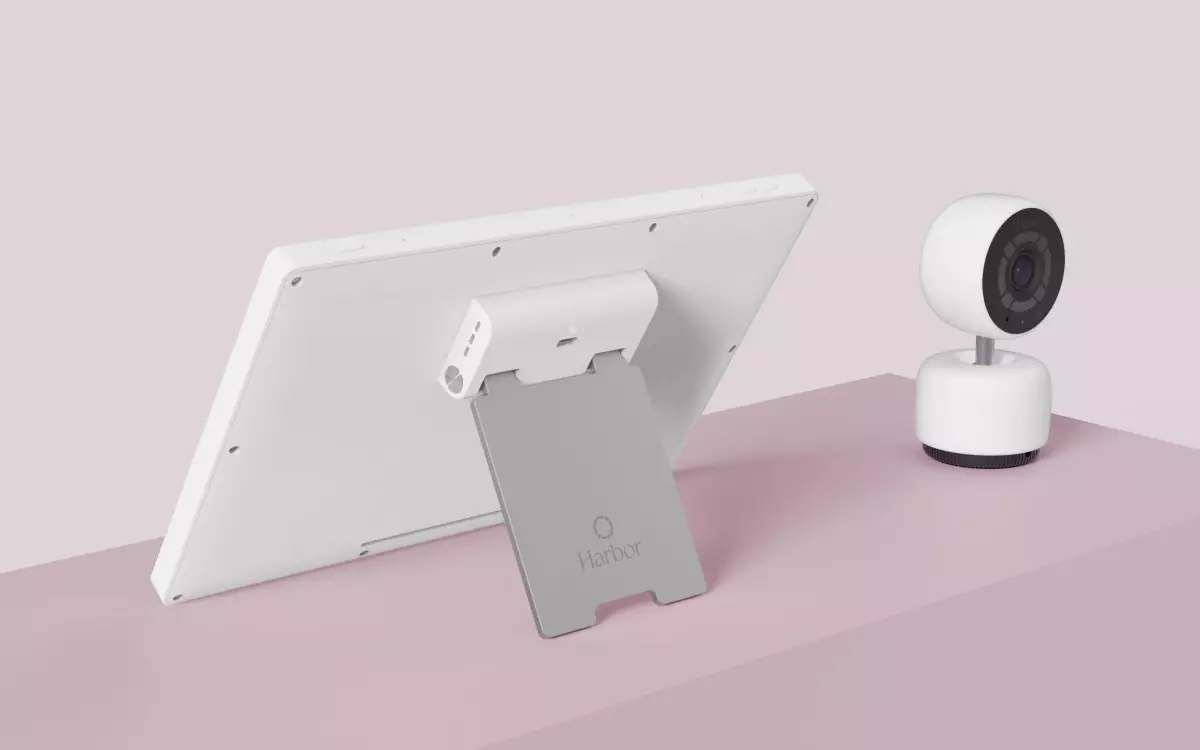In a landscape increasingly filled with cutting-edge technology, the story of Harbor stands out as a testament to how genuine needs can drive innovation. Founded by Kevin Lavelle, the co-founder and CEO of Mizzen and Main, Harbor arose from a personal challenge he faced while seeking a reliable baby monitor. Lavelle, along with his wife, Jen, experienced disappointment with existing products, particularly the Nanit monitor, known for its artificial intelligence capabilities and breathing detection features. The pivotal moment came when the Nanit app failed, leaving them without monitoring during a crucial night. This incident ignited the passion to create Harbor, a venture dedicated to delivering on safety and usability promises.
Harbor’s standout feature is its departure from traditional dependency on apps and internet connectivity. The system is designed around a 2K camera that generates its own Wi-Fi signal, allowing direct communication with a bundled 10-inch tablet. This innovation not only enhances its usability in various settings, such as hotels with unreliable Wi-Fi, but also ensures continuous monitoring without interruptions. The draw for busy parents, especially those who travel frequently, cannot be overstated. However, this shift also presents challenges, as families must adapt to a new way of managing their monitoring solutions.
The funding landscape for Harbor has proven promising with a recent seed round securing $4 million, pushing their total to $7 million when combined with prior fundraising efforts. Investor backing includes not just venture firms, but also high-profile individuals such as Tim Ferriss and Morrison Seger Venture Capital Partners. Ferriss, in particular, emphasizes the significant demand for straightforward, innovative solutions in the crowded baby monitoring market. Such endorsements reinforce the potential for Harbor to carve out its niche among parents seeking reliable technology to help ensure their infants’ safety.
Complementing the hardware is Harbor’s intriguing service model, which taps into a more traditional framework by providing “remote night nannies.” This service allows parents to grant access to the Harbor camera, enabling trained sleep experts to assist with infant care while parents enjoy a worry-free night of sleep. This aspect of Harbor’s offering sets it apart from conventional baby monitors, providing a real-time, personalized experience at a more affordable rate than hiring in-home night nannies. While the service requires membership, its optionality allows families the flexibility to decide what best suits their needs.
As Harbor continues to evolve, its blend of advanced technology with accessible services holds the potential to redefine the baby monitoring market. The founders’ commitment to addressing consumer frustrations through responsive design and innovative care solutions differentiates Harbor from its competitors. In an era where safety and peace of mind are paramount for parents, Harbor may just be the breakthrough that many have been waiting for—representing a mix of the old and the new that promises to better meet the needs of families in modern society.

